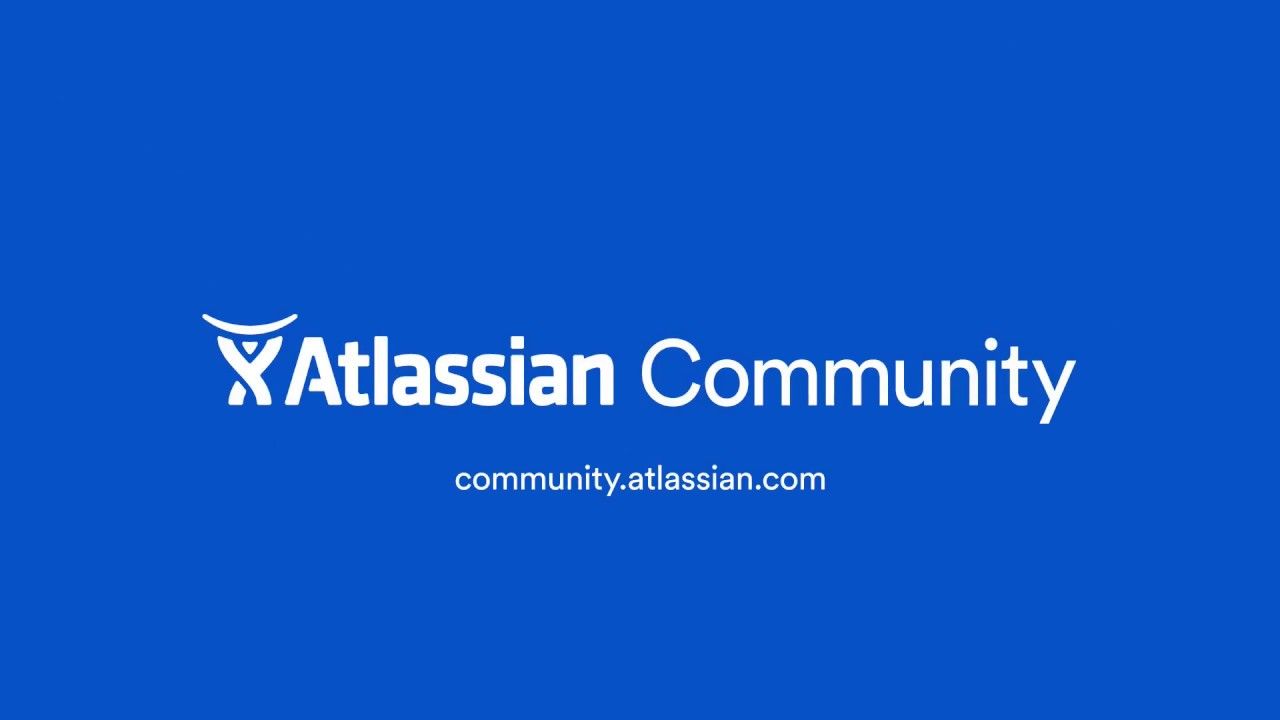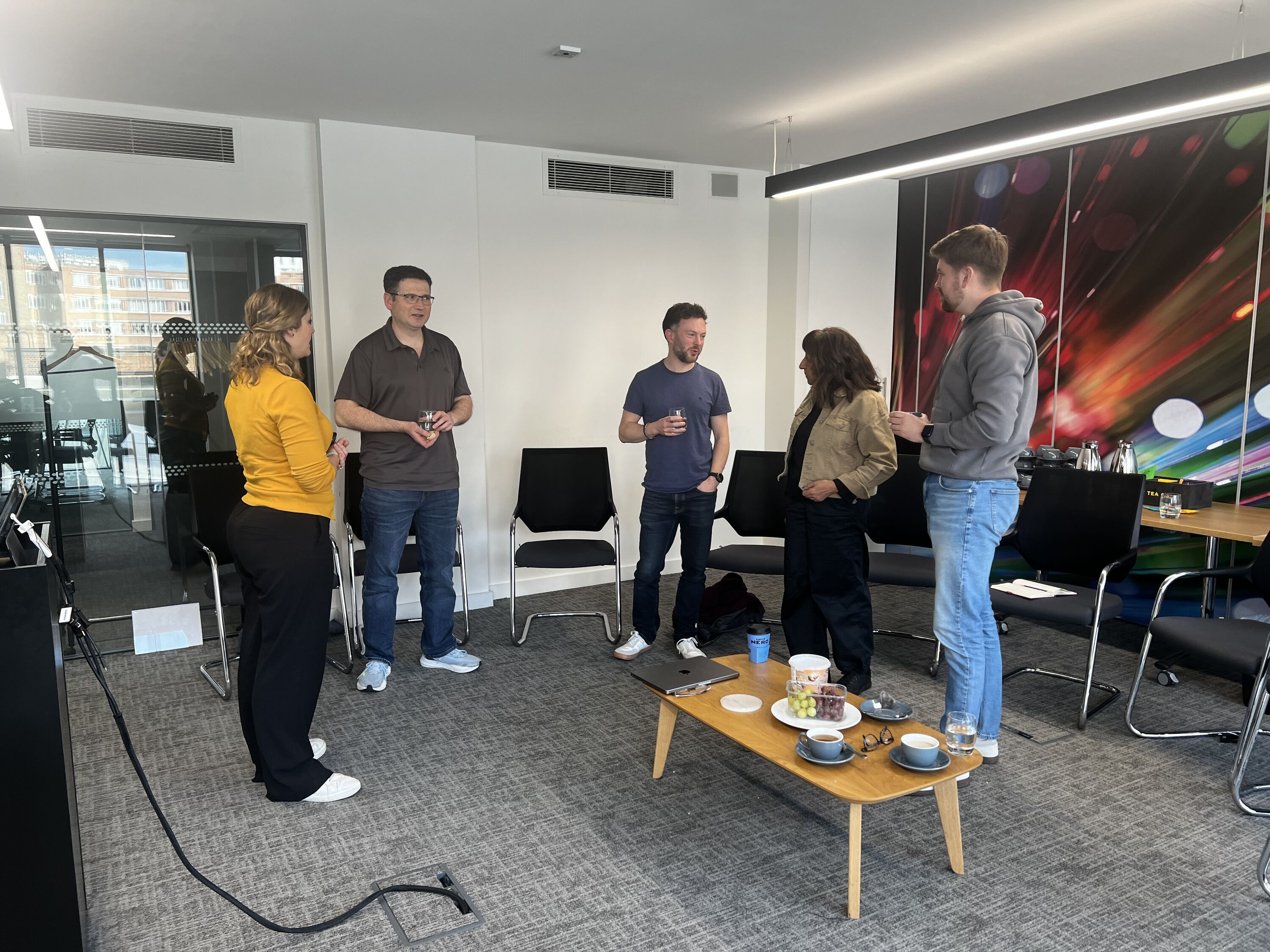Agile FBI and Re-Factoring with Kev McCabe

Agile FBI and Re-Factoring with Kev McCabe
Another month, another sold out Agile Yorkshire. Once again the evening saw two speakers impart their wisdom to the group with Kev McCabe filling the half hour slot with a look at the mikado method of re-factoring followed by Brian Wernham discussing agile project management in e-government.
Kev McCabe first gave Agile Yorkshire a tantalising look at the Mikado Method back in December when he presented a lightening talk introducing the subject, this time around he was able to go into much more detail. We saw how dependencies in code can prevent us from making the changes required, and how this is analogous to the game of Pick-up Sticks also known as Mikado.
Kev demonstrated how we can discover dependencies by diving in, trying to make a change, and seeing what breaks. By discovering and tracking the dependencies we learn more about the system and the problem can be eventually attacked in reverse, allowing the code base to be stable throughout the change. Following the theory of the method, and passing some boxes of Mikado sweets around the room to be enjoyed by the group, Kev took us through a demonstration the technique in action.
After a short break for refreshments, attendees where treated to an in depth look at Scrum and e-government in the UK & USA from Brian Wernham, author of 'Agile Project Management for Government'. Brian started the discussion with 6 changes he believes need to be made in order for Scrum to be successful in the public sector, striking some controversy when he suggested 'water-scrum-fall' or scrum in a waterfall wrapper may be inevitable on some projects.
Brian discussed two case studies, firstly talking from his experience being involved in the 'Universal Credit' project which is gaining much attention in the UK media currently. He explained how although the constraints and the scale of the project are prohibitive, a more agile approach to implementation is being used than in previous large scale e-government projects.
The second case study looked at a project in the FBI to re implement and secure their case management system. We saw how after two attempts at a big bang implementation had failed, wasting eight years and an unfathomable amount of money, on the third attempt agile practices were used. We saw how the methodology was adapted to fit inside strict reporting mechanisms dictated by statute and how after two years the new system was fully implemented and in use.












